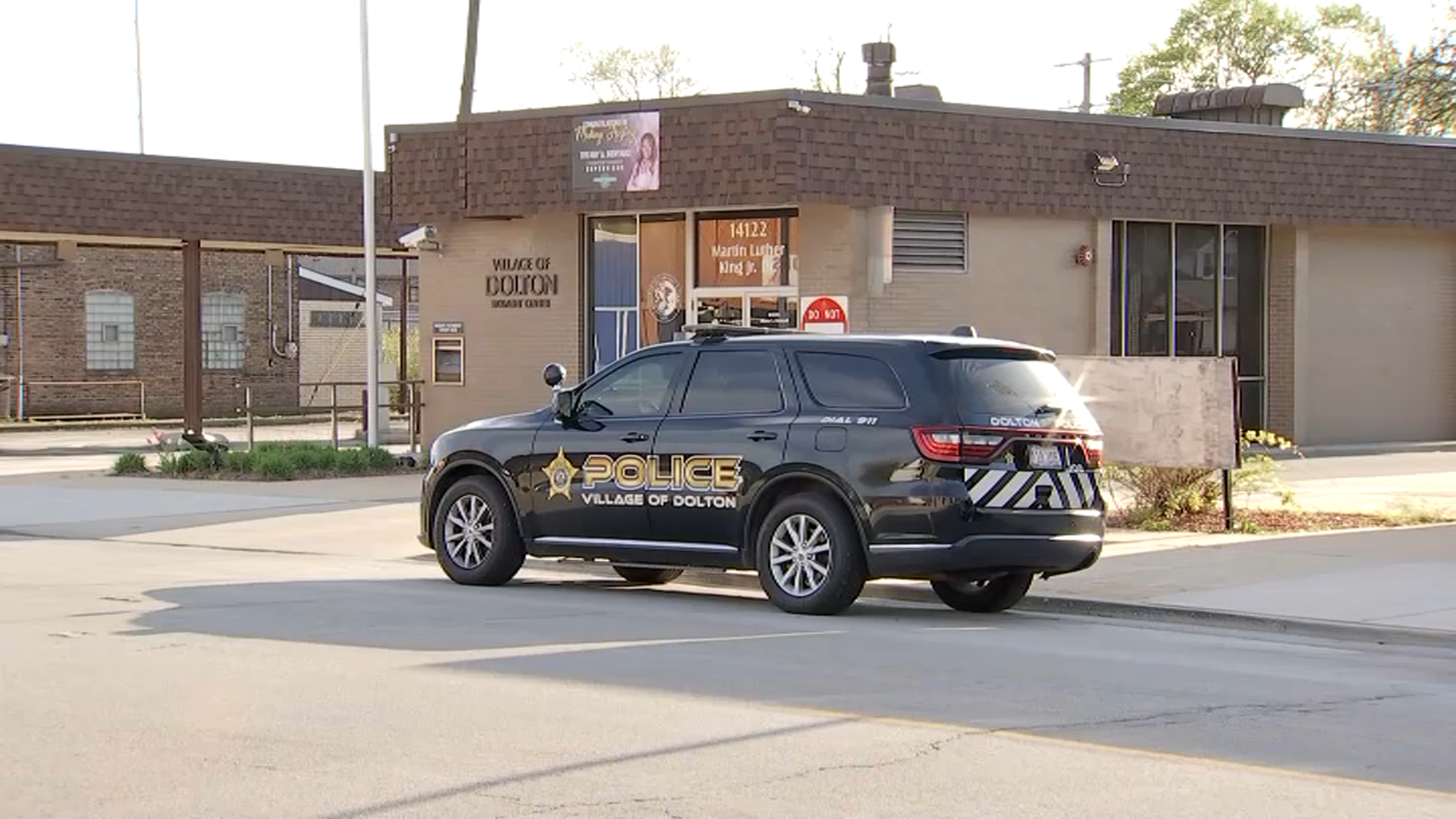Fifty-six years ago, presidential candidates altered the course of politics in this country. For the very first time, Americans could turn on their TV sets -- if they had them -- and see political commercials. And there are some uncanny parallels between the presidential race of today and the one that brought the race to the White House into the living room.
In that 1952 race, a little-known Democrat with a strange first name from Illinois was up against a Republican war hero. That year, the Democrats had come to Chciago to select a nominee, Adlai Stevenson, who was propelled from obscurity to fame by a previous speech that stirred the party.
Speaking from the family farm in Libertyville, Adlai Stevenson III said he remembers it well.
"He started that campaign at the convention with no money, no programs, just volunteers," Stevenson said.
Republicans countered with Gen. Dwight Eisenhower, who returned from World War II as an American hero.
Across the country, Eisenhower and Stevenson turned to that brand new thing in people's living rooms and a revolution began.
It was a simpler time... sort of. American soldiers were fighting an unpopular war in Korea, the economy was on shaky ground and the man in the White House, Democrat Harry Truman, had a disapproval rating of 66 percent.
Local
"This theme about Democrats being better on economic policy, and Republicans being better on foreign policy and defense, has been almost a constant, and it's interesting to see that in 1952, it was there just as it has been in 2008, even though the candidates have changed, obviously," DePaul University political science professor Mike Mezey said.
Even Sen. Barack Obama's campaign slogan -- "Change" -- has been used before.
"The out of power party's candidate always runs as an agent of change, so in 1952 the Republicans hadn't held the presidency in 24 years," Mezey said.
And that didn't bode well for Stevenson.
Eisenhower went on to score a decisive victory as Stevenson conceded with grace. Stevenson even lost his home state of Illinois, but chances are great that this time there will be no similarity.
Some of the old commercials were filmed at the family home, but Stevenson said his father had reservations.
"I remember him lamenting (that) the election of a president is not a contest between Palmolive and Colgate," Stevenson said.
We are now in the 14th presidential election since the two first squared off and many things have changed.
"The campaign for the presidency is a two-year, billion dollar money-raising contest, for marketing of the candidates," Stevenson said.
But 56 years later, one thing remains a constant: the near-constant barrage of campaign commercials.



